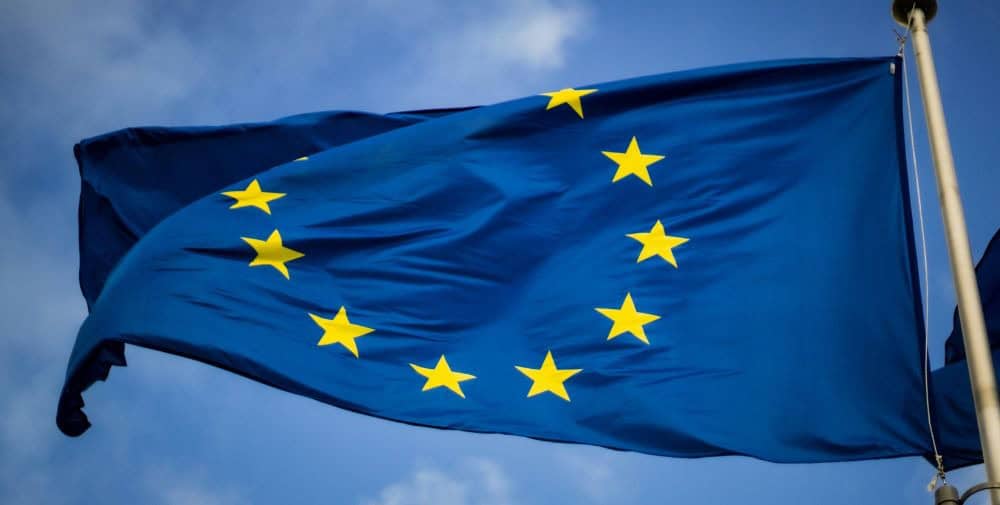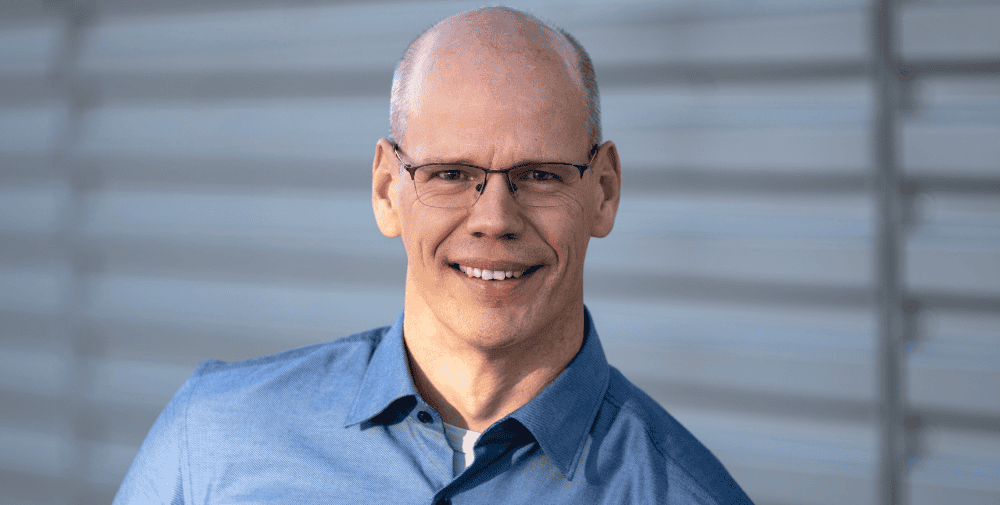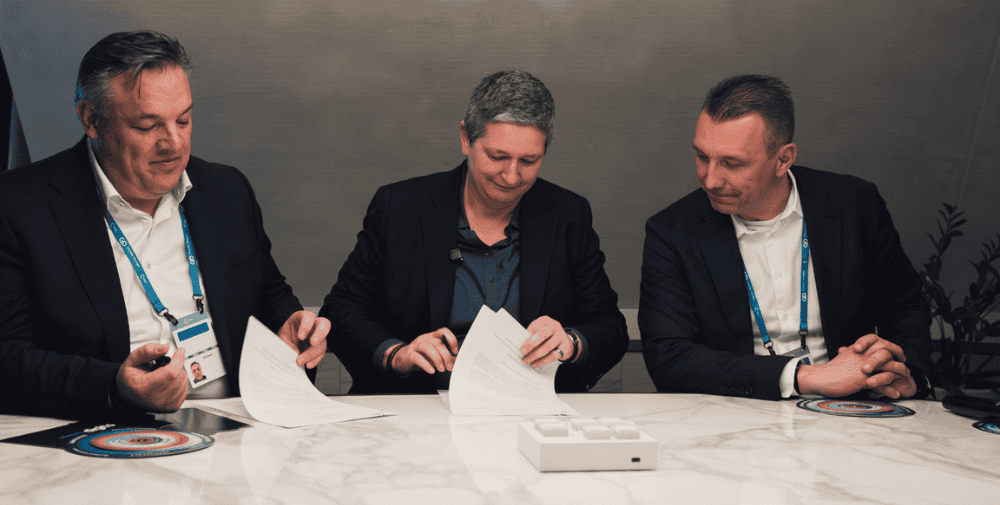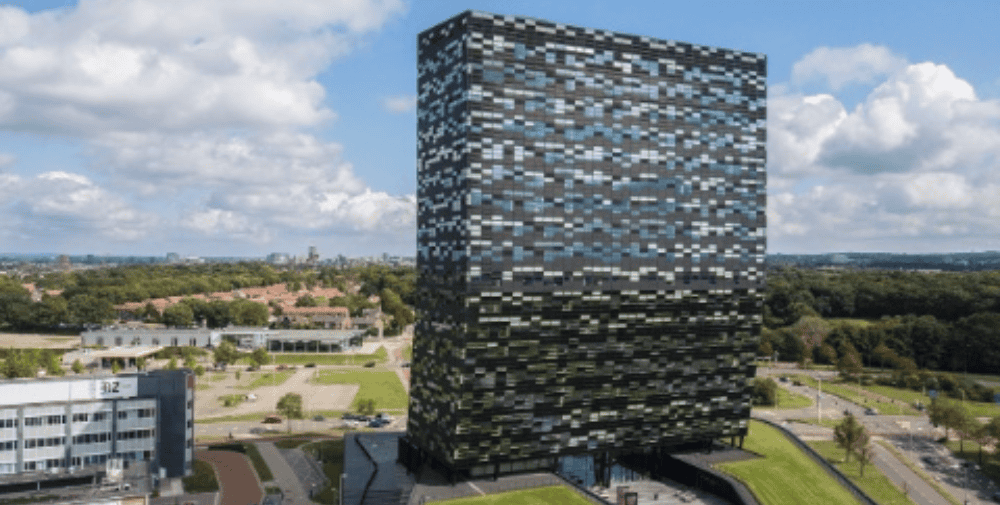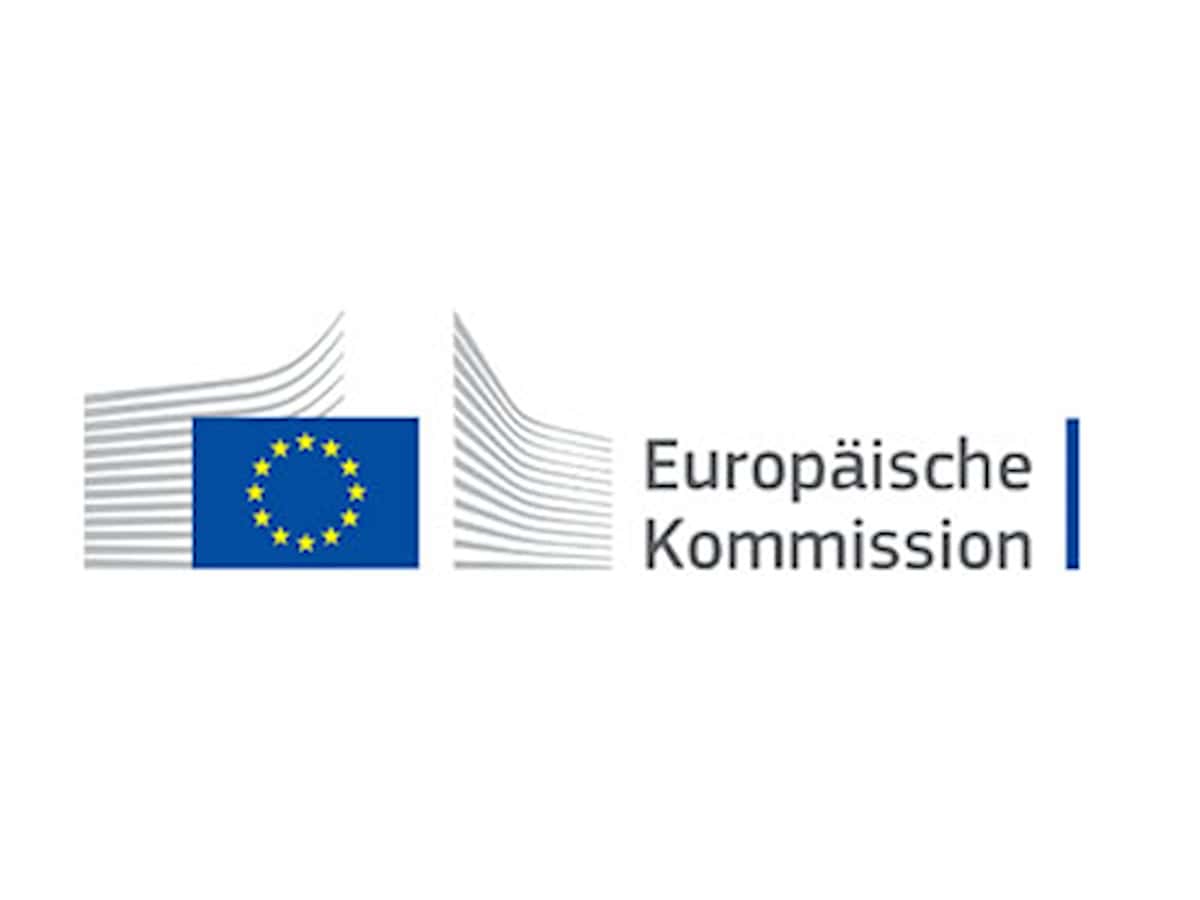
Implementation through practical policy measures
Von der Leyen emphasized that the Commission has translated the promised urgency into action since she took office nine months ago: “The first action with the new mandate was our Competitiveness Compass, which translates the report into practical policy measures. And then we got started. With the Clean Industry Deal. AI gigafactories. The new framework for state aid. The Affordable Energy Action Plan. The Savings and Investment Union. Tailored action plans for the automotive, steel and chemicals industries. The biggest increase in defense investment in our history. New proposals for the single market, the start-up/scale-up fund and quantum technology. Plus six simplification packages.”
The real impact on the ground
In addition to the initiatives and strategies adopted, the Commission President gave an overview of how these will have an impact on the ground: “Competitiveness is about jobs. It’s about good wages for people and good profits for companies. It’s about our way of life.” Von der Leyen gave examples from three different subject areas, in line with the structure of the Draghi report.
Three subject areas
1. Catching up on the innovation gap with the USA and China
Here, the Commission President referred to how AI is reshaping global competition and that the race for global leadership has not yet been decided. “And Europe is not just a challenger, but a leader in many areas that make up this race.”
When it comes to computing power, for example: Europe has some of the best supercomputers in the world: “With the commissioning of Jupiter in Germany and HPC6 in Italy last year, we have 4 supercomputers in the global top 10. Our strategies and investments in this area are starting to pay off.”
Europe is also at the forefront of AI applications. “Take Lovable, the Swedish AI app. Anyone can use it to turn their ideas into fully functional apps and websites. Last summer, it managed to achieve an annual turnover of 100 million US dollars faster than any other software company. Today it is worth almost 4 billion US dollars.”
With regard to the European investments, von der Leyen spoke of an impressive response from the European private sector: “We initially wanted to mobilize investments of 20 billion euros for the development of our gigafactories. We have received offers of 230 billion euros from the private sector. And today, in the course of this conference, we will sign the first pilot projects.”
The core idea of the new Competitiveness Fund (with 400 billion euros) as the centerpiece of the next multi-annual EU budget echoes Mario Draghi’s call for a virtuous circle in which investment stimulates innovation and innovation attracts more investment.
Von der Leyen also named some of the challenges facing Europe: the single market is still far from complete: “Internal barriers in the single market are comparable to a 45 percent tariff on goods. According to the IMF, it would even be tariffs of 110 percent for services. That can’t be right. It shouldn’t be easier to make your fortune overseas than across European borders.” The internal market strategy addresses this, now it is a matter of speeding up the pace and processes.
2. Joint plan for decarbonization and competitiveness
Von der Leyen pointed out that Europe is too dependent on imported fossil fuels and that our energy prices are set by the global markets. The solution lies in domestic energy, renewable energies with nuclear energy for the base load. “In the last year alone, we have made impressive progress. First, we launched a wind package that cut approval times by two thirds. In the first half of 2025, investments in European wind energy reached an all-time high – over 40 billion euros. Investors are therefore opting for Europe.”
However, energy prices are still too high, too volatile and too unequal within Europe. “In some member states, electricity costs three times as much as in others. And many price peaks could be avoided if energy could flow more freely to where it is needed. But the national grids are still not well integrated. Too often we lack the necessary interconnectors, or we do not use the existing ones efficiently. We have now started to remedy this. Just last week, the European Parliament approved our proposal to use the Cohesion Fund to support energy infrastructure.”
The Commission President cited examples of projects such as the Celtic Interconnector, which will soon connect Ireland to the European grid, and a project in the Bay of Biscay that will double transmission capacity between France and Spain. There will also be a grid package and a new initiative for energy highways. “The focus will be on eight critical bottlenecks in our energy infrastructure. From the Pyrenees to the Trans-Balkan Pipeline. From the Øresund to the Strait of Sicily. We will eliminate these bottlenecks one by one. And we will step in with funding if necessary.”
With regard to the global market for batteries, von der Leyen said that it is expected to double in the next five years. In Europe, sales had risen by almost 25 percent compared to the previous year. “We should be the industrial powerhouse that meets this growing demand for clean technology. However, this will not happen by itself. We know that the figures in this area are not as promising as in other sectors. Too often we lose jobs and market share to non-market economies. But we can still turn the tide. That’s why we need to massively increase our public and private investment. Create lead markets for circular and clean products and ensure a level playing field.” The Commission is focusing on the most strategically important areas: “With the Clean Industry Deal, for example, we are tackling the biggest hurdles that are slowing down these areas. We are also working on a battery booster package, as batteries are a key element for all other clean technologies. The package will provide 1.8 billion euros in equity to expand production in Europe.”
3. Need to reduce our dependencies
With the right policy measures, von der Leyen emphasized, Europe can increase its security and become independent. For example, through diversification: here the Commission President referred to the agreements with Mercosur, Mexico and Switzerland, an initial agreement with a mining giant such as Indonesia and the ongoing negotiations with India. “Our economic security plays a decisive role in all these agreements. And with trade comes investment. We are building a global network of strategic projects. Nickel in Canada on a scale that will enable the production of more than 800,000 batteries for electric vehicles per year. Graphite in Kazakhstan, which can be used to produce 100,000 batteries for electric vehicles every year. And the strategic Lobito corridor, which connects the African copper belt.”
Economic security starts in Europe itself: “This year, we have selected 47 strategic projects across Europe under the European Critical Raw Materials Regulation. We will focus our financial support on these crucial efforts and we will ensure that all permits are granted quickly. From copper and cobalt mining in Finland to lithium processing in Portugal and battery recycling in Italy.” Von der Leyen said with regard to recycling: “The circular economy is crucial for our security of supply. We already achieve 33 percent more output per kilogram of raw materials than the USA and 400 percent more than China. Just think of the potential competitive advantage if we succeed in doing this on a much larger scale.” The Commission is working on a legal act for a genuine circular economy, starting in sectors such as batteries.
In the area of security and defense, Europe must also become more independent, according to the Commission President. “That is why we have launched the “Readiness 2030″ plan to mobilize up to 800 billion euros in defence investment. This includes the SAFE financial instrument worth 150 billion euros for the joint procurement of defense equipment. It is well on its way to becoming the most successful defense instrument and it took just 72 days to approve the SAFE loans. In less than six months, we have already granted the total amount of 150 billion euros in loans.”
Von der Leyen also addressed the efforts to simplify. “Within nine months, we have presented six simplification packages – the so-called omnibuses. Two more are currently in the works – in the areas of digital and military mobility. They will make a real difference. Less paperwork, less overlap, simpler regulations. Our proposals will cut red tape costs for European businesses by 8 billion euros a year. But the buses were sent on their way a long time ago. It is now time for them to arrive at their destination. They urgently need to be adopted by the legislative bodies.” The same applies to other proposals, from the savings and investment union to several trade agreements.
No more “business as usual”
Von der Leyen expressed her conviction that Europe can rally behind this agenda. “Every single member state has endorsed the Draghi report. So has the European Parliament. We all know what needs to be done. And ‘business as usual’ will no longer work. That is my final message today. That is what the people of Europe expect from us. They expect our democracy to decide, act and deliver. And I know that Europe is capable of doing this. Because we have already shown what is possible when we act ambitiously, united and quickly. We have the choice. So let’s make that choice again. For prosperity. For independence. And for Europe.”
– – – – – –
Further links
👉 https://germany.representation.ec.europa.eu
Photo: pixabay
